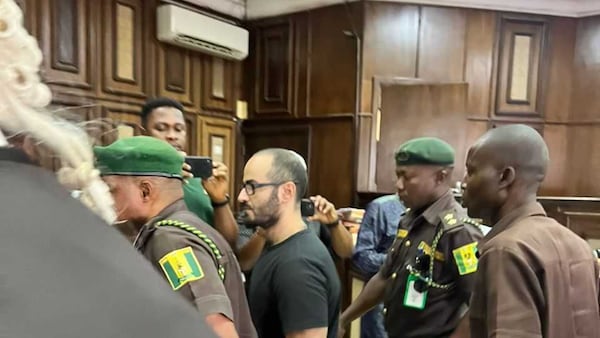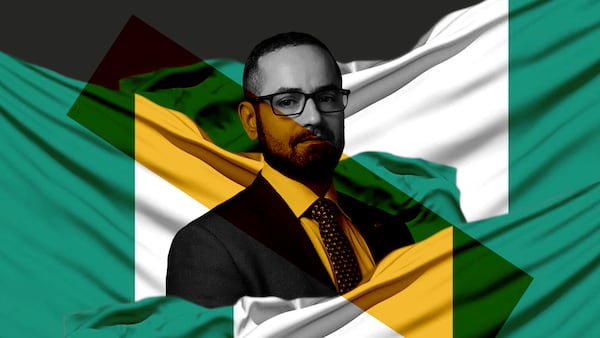- Lenient sentences have raised protest from Singapore lawmakers in last year.
- Defendant was caught with $20 million in illicit crypto.
- Stash of luxury goods included cars, watches, wine, and toys.
Smoke weed in Singapore and you could end up with 10 years in prison. Get caught with over 330 grams of cannabis and your corporal punishment might include a caning.
But launder US$2.2 billion in illicit cryptocurrencies, cash, and other assets such as luxury handbags? Don’t worry, all you may get is 17 months.
That was the sentence the tenth defendant in the city-state’s biggest money laundering case ever received on Monday.
Su Jianfeng pleaded guilty to laundering proceeds from an illegal gambling operation overseas and giving banks forged documents to disguise the origins of funds.
Police seized US$20 million in illicit cryptocurrencies from him and his wife. Su agreed to forfeit about US$132 million of total US$138 million in cash and assets seized.
Among the dozen other charges, he was accused of hiring a personal chef without a valid work pass.
Luxury haul
His arrest on August 15 last year was part of a massive operation involving over 400 police officers in the city.
The initial raids seized cash and assets worth over US$747 million, with prohibition of disposal orders filed against 94 properties and 50 vehicles and more than 35 connected bank accounts frozen.
Police also unearthed a huge haul of luxury items: 250 designer bags and watches, over 120 electronic devices, two gold bars, 270 pieces of jewellery, an enviable wine and liquor collection, and 11 documents with information about virtual assets.
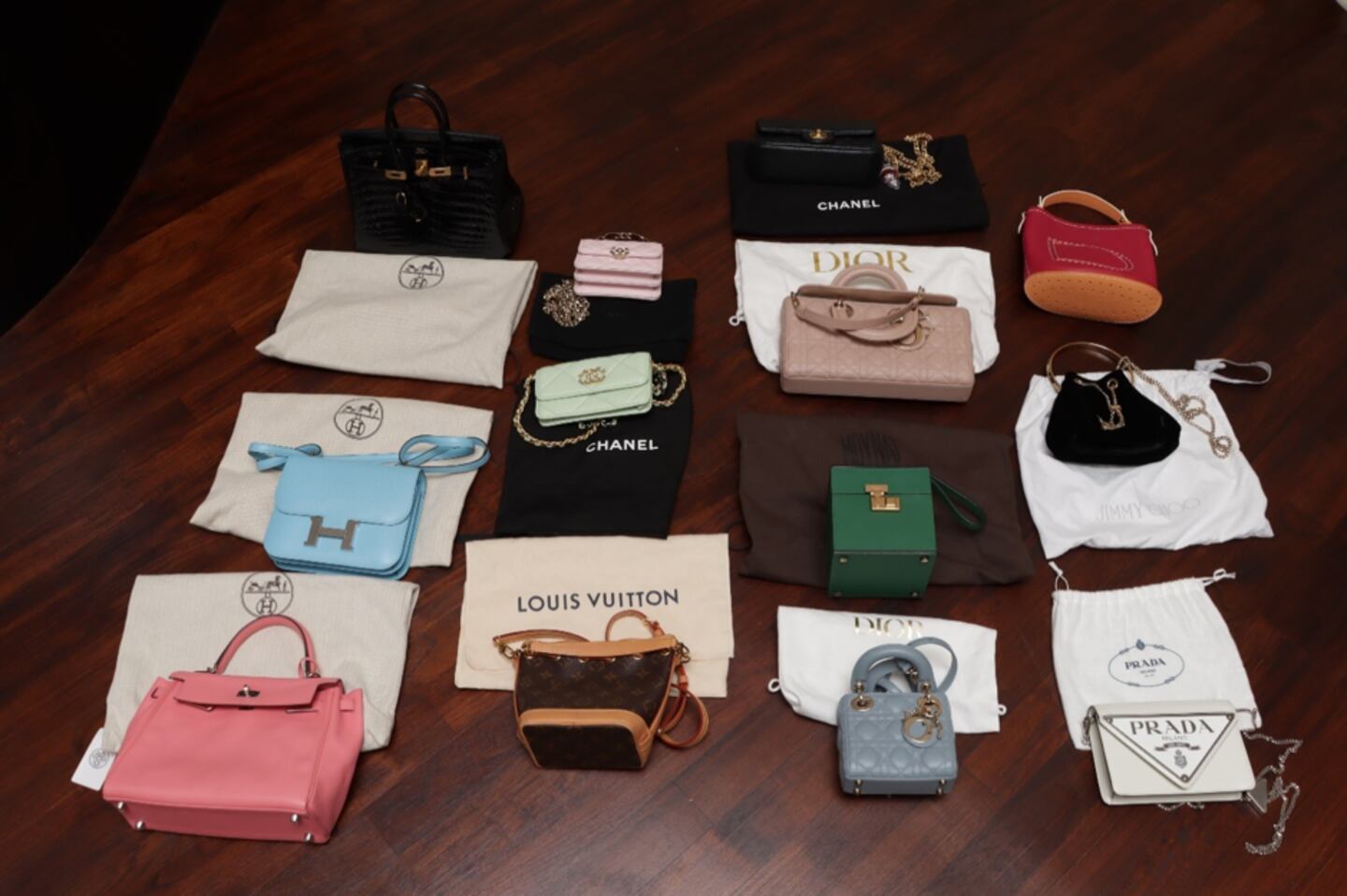
The money’s origins have been traced back to gambling operations in Southeast Asia.
Each of the ten individuals arrested were found holding passports from multiple different countries, including destinations for so-called “golden passports’' like Vanuatu, Turkey, St Kitts and Nevis and Cambodia.
All are originally Chinese citizens from Fujian province in southeast China.
The relatively lenient sentence may raise eyebrows as Singapore seeks to reassure the global financial industry that it is taking a hard line against criminals who deem it a safe haven to park illicit cash.
Many Singaporeans are questioning why the defendants, none of whom hold Singaporean citizenship, will walk away with millions.
Of the ten, only two have forfeited 100% of the seized assets.
Swift prosecution
But the chief prosecutor, Tan Kiat Pheng, seems fine with it. The prosecution initially asked for prison terms of 17 to 18 months.
“The swift prosecution of these 10 cases is a strong message to would-be criminals that Singapore will not tolerate attempts to flout our laws,” Pheng told the media after the hearing.
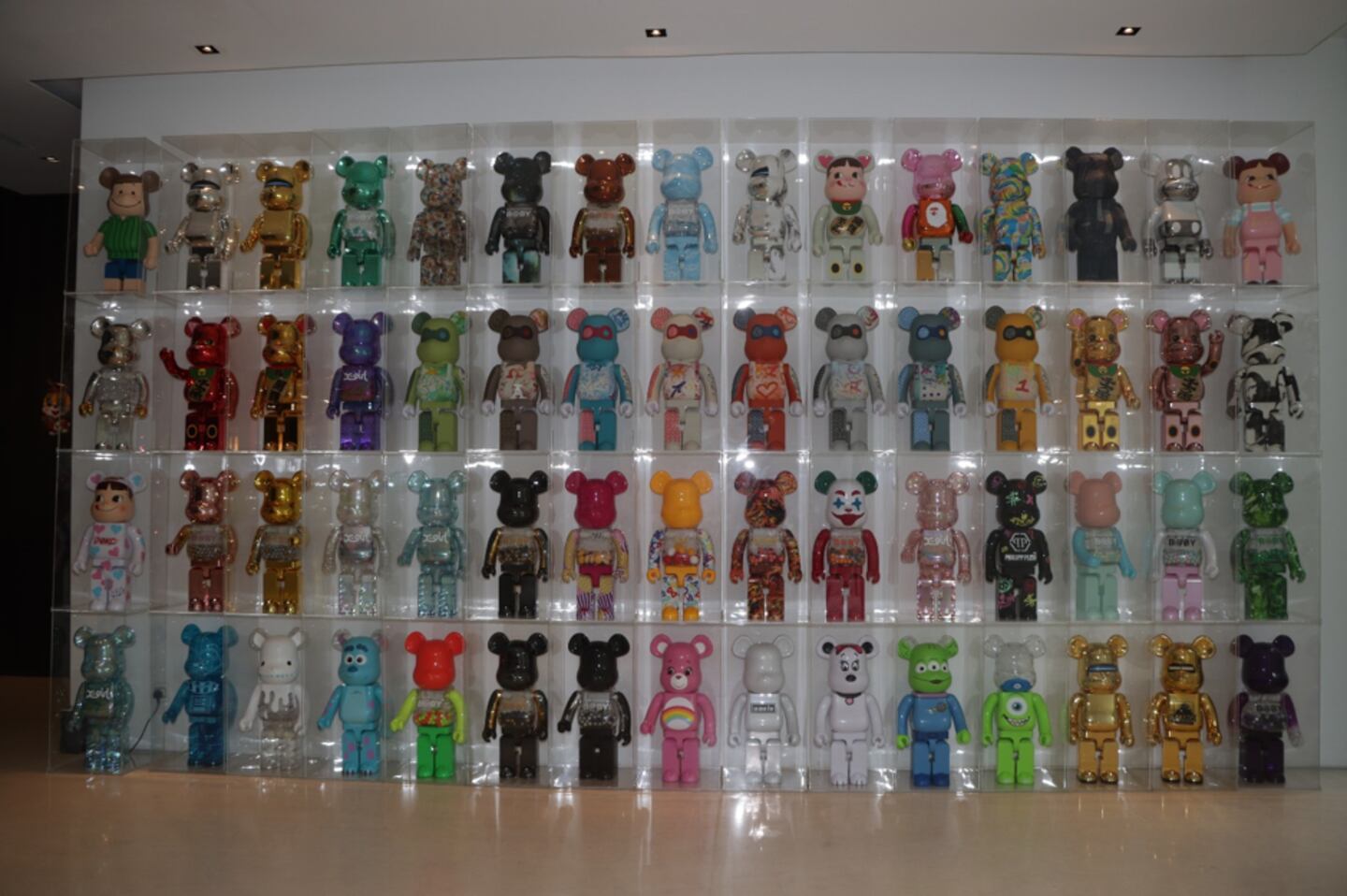
The director of the police’s Commercial Affairs Department, David Chew added in a statement that the swift and firm law enforcement efforts and the successful prosecutions of these 10 offenders were testament to the state’s commitment to tackling transnational crime and disrupting the activities of organised crime syndicates.
Still, when five of the 10 defendants received similarly short terms in May, Leong Mun Wai, an influential legislator, said money laundering convicts can get 10 year prison terms.
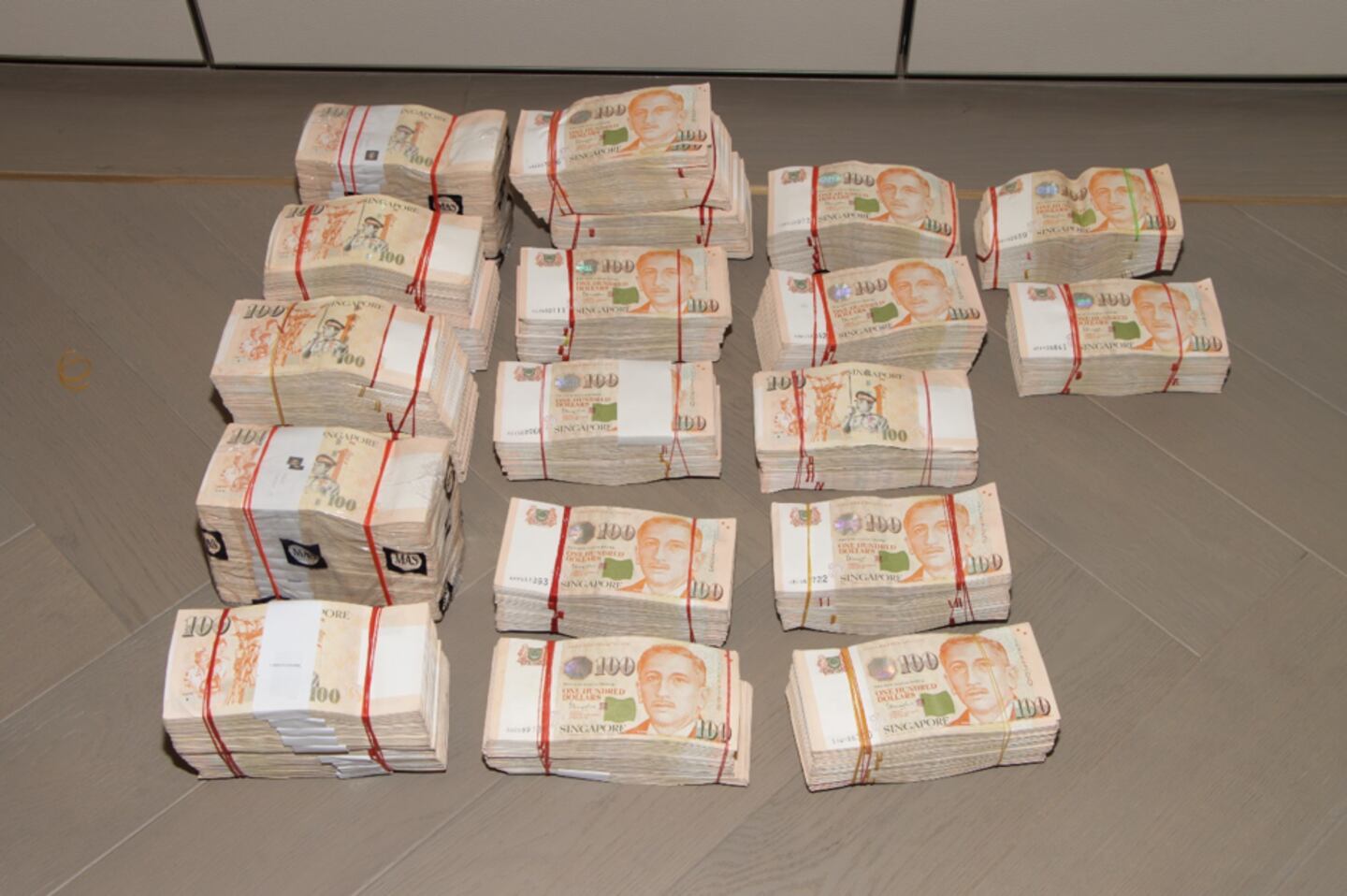
“In my view, the jail terms that the courts have meted out to the five foreigners who have been convicted are not severe enough,” Leong, a Non-Constituency Member of Parliament from Progress Singapore Party, said in a Facebook post on May 10.
Guilty plea
At the time, K Shanmugam, the minister for Home Affairs, defended the court’s decision. “The sentences meted out by the Singapore Courts have been comparable to those in other jurisdictions,” the minister said.
He also pointed to the relatively early plea of guilt and agreement and asset forfeiture as mitigating factors.
Two of those sentenced, Su Wenqiang and Wang Baosen, have already been released and deported to Cambodia.
The others will all be deported and barred from re-entering Singapore after serving their sentences.
Investigations are continuing against 17 other individuals not in Singapore. Those that end up back in China might find themselves facing new rounds of prosecution.
Beijing has taken a hard line on the organised crime groups operating in Southeast Asia. Chinese authorities issued an arrest warrant for Su in 2017.
Callan Quinn is DL News’ Hong Kong-based Asia Correspondent. Get in touch at callan@dlnews.com.



